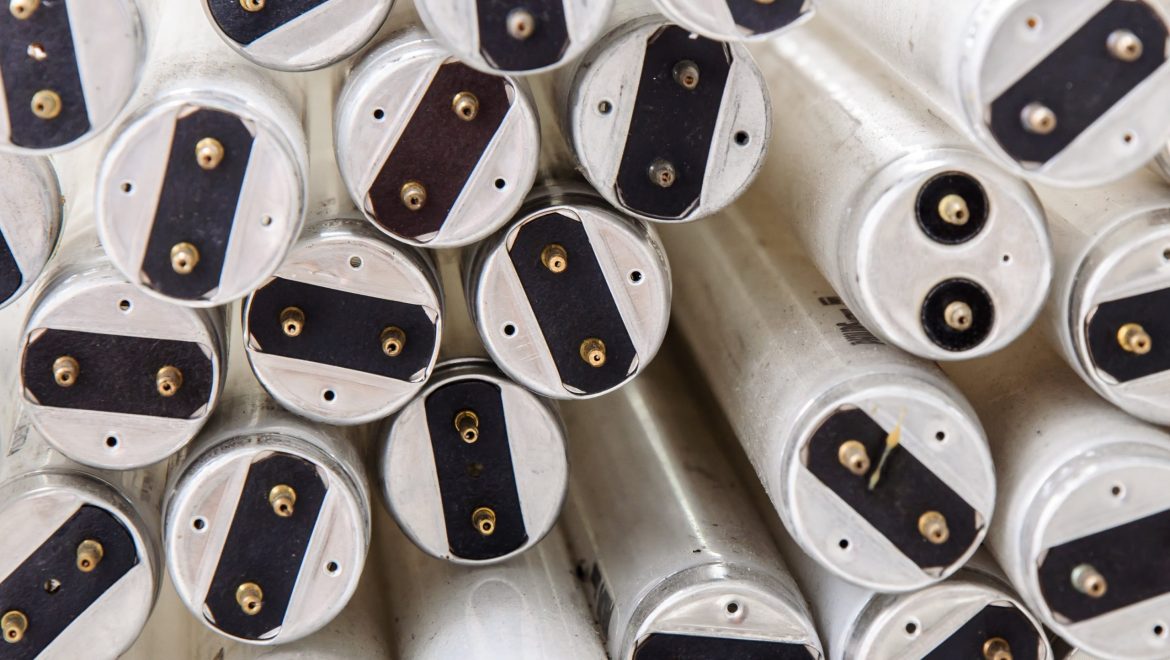The rules for hazardous waste producers in England are changing from the start of April 2016. The changes are being made as part of a new government initiative that seeks to remove red tape – that end, the new regulations will make it easier to dispose of hazardous waste and remove some of the burdens placed on hazardous waste producers. These changes are a significant advancement not just for the recycling industry, but for businesses up and down the country who are sure to welcome an easier disposal system and a much more streamlined and easier to understand hazardous waste registration process.
Learn how these changes will affect your business and approach to London waste removal with our handy guide…
Prior to this rule change, organisations producing or storing over 500kg of hazardous waste each year needed to register with the Environment Agency. As of 1st April 2016, dealing with hazardous waste will become a much easier process as the requirements to register with the Environment Agency is lifted. This rule change only applies to businesses in England.
The other key change coming in April applies to consignment codes. The current code format will no longer be acceptable. This change applies regardless of the amount of hazardous waste stored or produced. Currently the first six numbers of the note code refer to the premises registered with the Environment Agency. In future, this code will be the first six letters or numbers of a company name (For Enviro Waste this would be ENVIRO). The second part of the code will continue to be made up of 5 letters or numbers of your choosing. More advice about how to present the correct guidance number can be found on the Government’s website.
These changes affect hazardous waste only, but what exactly constitutes this category of rubbish? There are a huge range of items covered by the term hazardous waste. They include:
- Asbestos – This old insulation is extremely harmful to human health.
- Chemicals – Including things like brake fluid and printer toner.
- Batteries – They contain several environmentally dangerous chemicals.
- Solvents – This can dissolve other chemicals and cause damage to eco-systems.
- Pesticides – These contain some extremely dangerous chemicals.
- Non-Edible Oils – Motor oil is a key example and can quite literally become a stain on the environment.
- White Goods – Only those that contain o-zone depleting chemicals like fridges.
- Cathode Ray Tubes – These light fittings feature harmful gasses.
- Hazardous Waste Containers – This are storage devices for all of the above.
If you are looking for hazardous waste clearance in London, to remain compliant with the new guidelines, Enviro Waste can help. We are specialists in London rubbish clearance and white goods clearance and have many years’ experience in disposing of and recycling hazardous materials. Get a free quote or sign up to our newsletter for more information about the incoming hazardous waste regulations.
